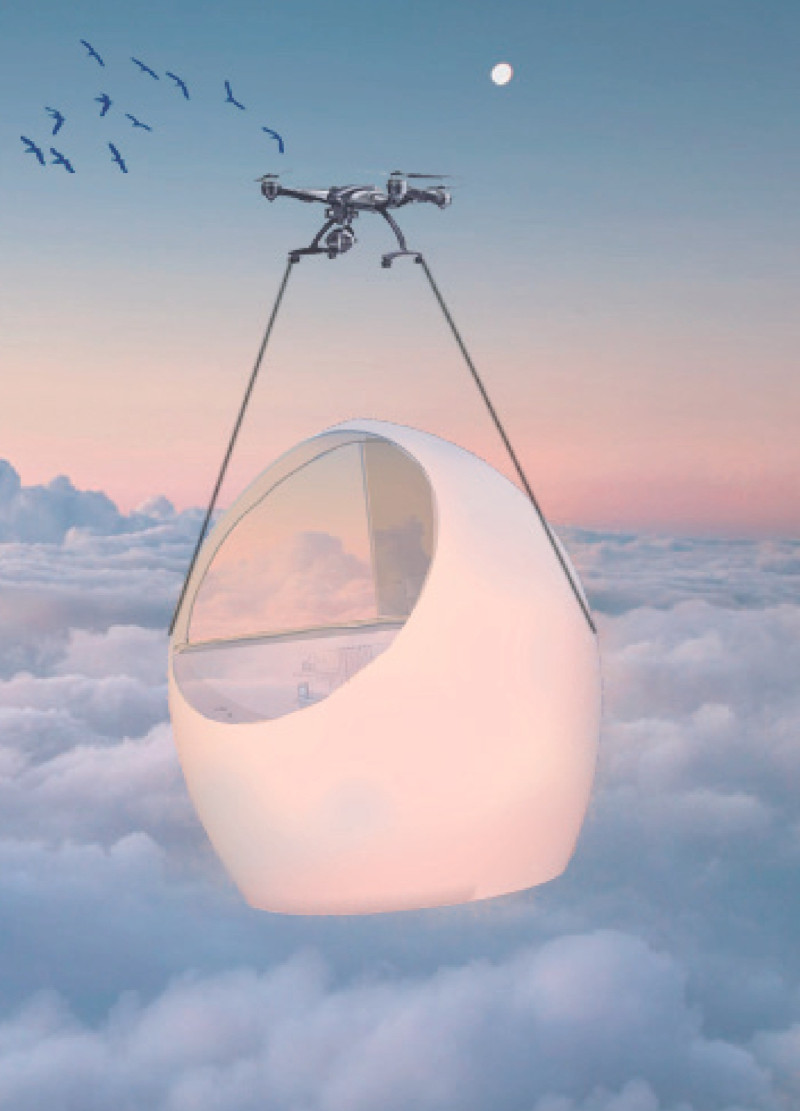5 key facts about this project
Hemisferic Nest House is a residential building designed to blend with its natural environment. The project is characterized by a spherical form that adapts to the needs of its residents. It emphasizes the relationship between indoor and outdoor spaces while allowing for various social interactions. The thoughtful placement of the structure enhances its functions and creates a sense of harmony within the landscape.
Conceptual Framework
The design starts with the idea of a perfect sphere, which influences the entire layout of the house. Two key openings are present in the structure. The main entry point welcomes residents and guests, establishing a sense of hierarchy. The second opening, positioned higher in the volume, allows natural light to flow into the interior. This light enhances the living spaces, creating a connection to a terrace that invites outdoor engagement.
Spatial Organization
The house is arranged into three levels that spiral around each other, creating distinct private and public areas. On the first level, the kitchen and common areas encourage interaction. Moving up to the second level, residents find private spaces for rest and relaxation. The third level is designed as a flexible area, suitable for observation or other activities. This organization promotes movement throughout, balancing personal time with social gatherings.
Environmental Considerations
Attention to environmental factors is evident in the design. The building responds to elements like sunlight, wind, and rain through carefully planned features. Solar panels provide renewable energy, while water filters and storage systems support sustainable living. These elements are not just functional; they contribute to a lifestyle that respects the surrounding ecosystem.
Design Details
Visual representations of the design highlight how spaces are organized and interact with one another. The layout prioritizes natural light and airflow, creating a comfortable atmosphere throughout the home. Each area serves a specific purpose while remaining interconnected. The careful arrangement of spaces reflects a clear focus on both daily living and personal contemplation, resulting in a well-rounded living environment.





















































